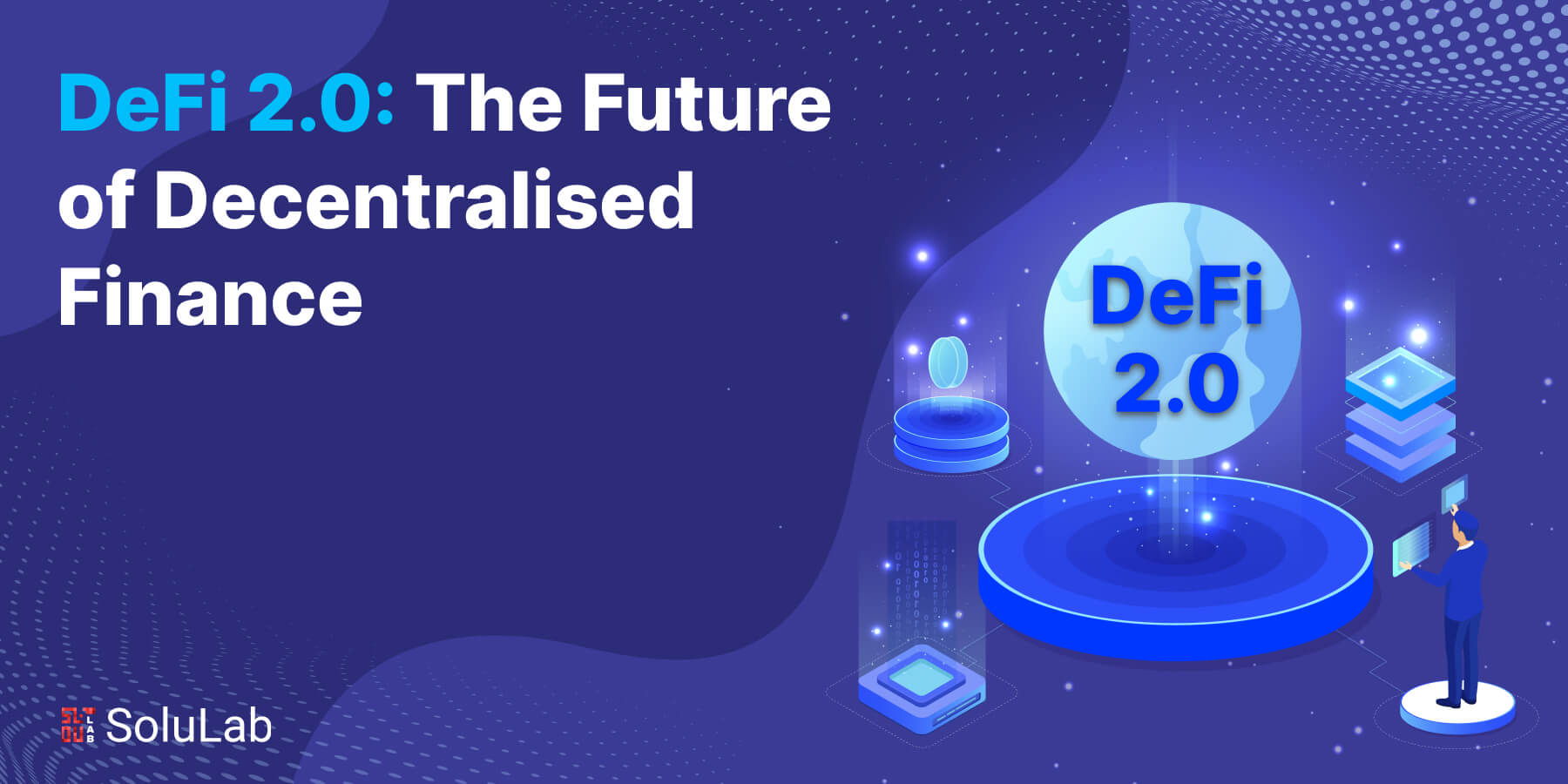The Future of Decentralized Finance (DeFi)

- Understanding the Basics of DeFi
- The Rise of DeFi Platforms
- Challenges and Opportunities in the DeFi Space
- Regulatory Considerations for Decentralized Finance
- The Role of Smart Contracts in DeFi
- Exploring the Potential Impact of DeFi on Traditional Finance
Understanding the Basics of DeFi
Decentralized Finance (DeFi) is a rapidly growing sector within the cryptocurrency industry that aims to revolutionize traditional financial systems by leveraging blockchain technology. To understand the basics of DeFi, it is essential to grasp the fundamental concepts that underpin this innovative ecosystem.
One of the key principles of DeFi is the elimination of intermediaries such as banks or financial institutions. Instead, transactions are conducted directly between users through smart contracts, which are self-executing agreements written in code. This peer-to-peer nature of DeFi not only reduces costs but also enhances security and transparency.
Another crucial aspect of DeFi is the concept of decentralization. Unlike centralized financial systems, where a single entity has control over the network, DeFi platforms are distributed across a network of nodes. This decentralized structure ensures that no single point of failure exists, making the system more resilient and censorship-resistant.
Furthermore, DeFi offers a wide range of financial services, including lending, borrowing, trading, and asset management, all of which can be accessed without the need for a traditional bank account. Users can participate in these services using cryptocurrencies as collateral, enabling greater financial inclusion and accessibility.
Overall, understanding the basics of DeFi is crucial for anyone looking to explore this innovative space. By embracing decentralization, eliminating intermediaries, and leveraging blockchain technology, DeFi has the potential to reshape the future of finance and empower individuals worldwide.
The Rise of DeFi Platforms
The rise of decentralized finance (DeFi) platforms has been a significant trend in the world of cryptocurrency and blockchain technology. These platforms offer users the ability to engage in various financial activities without the need for traditional intermediaries such as banks or financial institutions. This has led to a surge in popularity as more people seek alternatives to the traditional financial system.
DeFi platforms operate on blockchain technology, which allows for secure and transparent transactions. Users can access a wide range of financial services, including lending, borrowing, trading, and more, all without the need for a central authority. This decentralized nature of DeFi platforms has attracted a growing number of users looking for more control over their finances.
One of the key features of DeFi platforms is the use of smart contracts, which are self-executing contracts with the terms of the agreement directly written into code. This eliminates the need for intermediaries and ensures that transactions are executed automatically when certain conditions are met. Smart contracts have revolutionized the way financial transactions are conducted, making them faster, more efficient, and more secure.
Challenges and Opportunities in the DeFi Space
As the DeFi space continues to grow rapidly, it faces a number of challenges and opportunities that will shape its future trajectory. One of the main challenges is the issue of security, as decentralized finance platforms are often targeted by hackers due to the large amounts of money involved. This has led to several high-profile hacks in the past, highlighting the need for robust security measures to protect users’ funds.
Another challenge is the issue of scalability, as the current DeFi infrastructure struggles to handle the increasing number of transactions taking place on these platforms. This has led to high gas fees and slow transaction times, which can be a barrier to entry for new users. However, there are opportunities to address these challenges through the development of layer 2 solutions and other scaling technologies that can help improve the efficiency of DeFi platforms.
Regulatory uncertainty is also a major challenge facing the DeFi space, as regulators around the world grapple with how to classify and regulate these decentralized financial products. This uncertainty can create a barrier to adoption for both users and developers, as they may be unsure of the legal implications of using or building on DeFi platforms. However, there are opportunities for collaboration between regulators and the DeFi community to create a regulatory framework that supports innovation while protecting users.
Regulatory Considerations for Decentralized Finance
When it comes to decentralized finance (DeFi), there are several regulatory considerations that need to be taken into account. As this innovative financial system continues to grow in popularity, regulators around the world are starting to pay closer attention to ensure that it operates within the boundaries of existing laws and regulations.
One of the main challenges facing DeFi is the lack of centralized control, which can make it difficult for regulators to monitor and enforce compliance. However, there are a number of ways that regulators can address this issue and ensure that DeFi platforms are operating legally and ethically.
- Transparency: Regulators can require DeFi platforms to be more transparent about their operations, including how they handle user funds and execute transactions.
- Security: Ensuring that DeFi platforms have robust security measures in place to protect user data and funds is essential to prevent fraud and hacking.
- Compliance: Regulators can require DeFi platforms to comply with existing financial regulations, such as anti-money laundering (AML) and know your customer (KYC) requirements.
- Risk Management: Regulators can also require DeFi platforms to implement risk management protocols to protect users from potential losses.
Overall, while DeFi offers many benefits such as increased financial inclusion and lower transaction costs, it is important for regulators to strike a balance between fostering innovation and protecting consumers. By working together with the DeFi community, regulators can help ensure that this emerging sector continues to thrive in a safe and sustainable manner.
The Role of Smart Contracts in DeFi
Smart contracts play a crucial role in the realm of decentralized finance (DeFi) by automating the execution of agreements and transactions without the need for intermediaries. These self-executing contracts are built on blockchain technology, ensuring transparency, security, and efficiency in DeFi protocols.
One of the key advantages of smart contracts in DeFi is their ability to eliminate the need for trust between parties. By encoding the terms of an agreement into lines of code, smart contracts ensure that all parties involved adhere to the agreed-upon rules without the risk of manipulation or fraud.
Moreover, smart contracts enable the creation of various DeFi applications such as decentralized exchanges, lending platforms, and prediction markets. These applications operate autonomously, allowing users to engage in financial activities without relying on traditional financial institutions.
Additionally, smart contracts in DeFi enable the seamless integration of different protocols and platforms, creating a more interconnected ecosystem. This interoperability enhances the overall efficiency and accessibility of decentralized finance, attracting more users and liquidity to the DeFi space.
In conclusion, smart contracts are the backbone of DeFi, revolutionizing the way financial transactions are conducted in a decentralized and trustless manner. As the DeFi ecosystem continues to evolve, smart contracts will play an increasingly vital role in shaping the future of finance.
Exploring the Potential Impact of DeFi on Traditional Finance
Decentralized Finance (DeFi) has been gaining momentum in the financial world, with its potential to revolutionize traditional finance systems. The impact of DeFi on traditional finance could be significant, as it offers a more transparent, efficient, and accessible way of conducting financial transactions.
One of the key areas where DeFi could disrupt traditional finance is in lending and borrowing. DeFi platforms allow users to lend and borrow funds without the need for intermediaries, such as banks. This could potentially lower the cost of borrowing and increase access to credit for individuals and businesses.
Another area where DeFi could have a major impact is in asset management. DeFi protocols enable users to trade, invest, and manage their assets in a decentralized manner, without relying on traditional financial institutions. This could democratize access to investment opportunities and reduce the barriers to entry for retail investors.
Furthermore, DeFi has the potential to improve the efficiency of cross-border payments and remittances. By leveraging blockchain technology, DeFi platforms can facilitate faster and cheaper transactions compared to traditional payment systems. This could benefit individuals and businesses that rely on international money transfers.
In conclusion, the potential impact of DeFi on traditional finance is vast and could lead to a more inclusive and efficient financial system. As DeFi continues to evolve and gain adoption, it will be interesting to see how traditional financial institutions adapt to this new paradigm shift in the industry.






